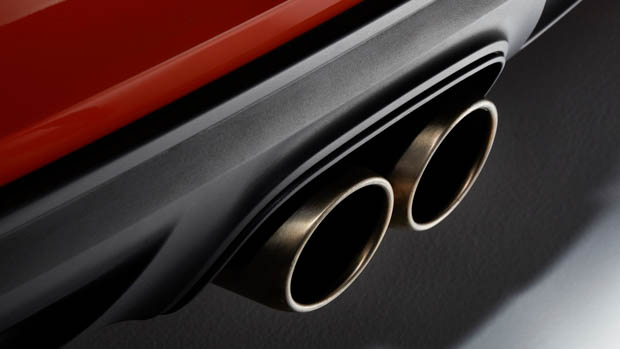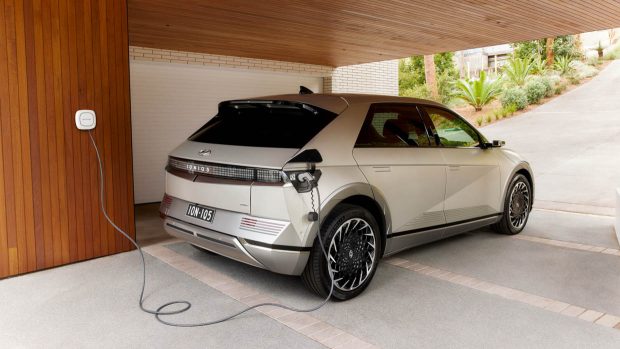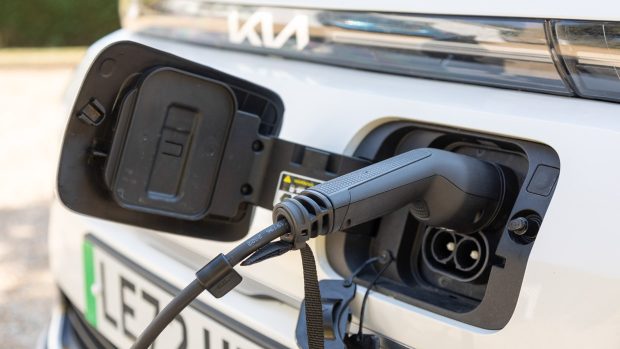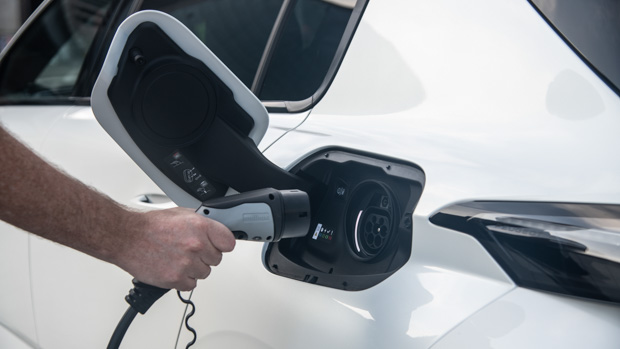-
Car Reviews
- All reviews
- Midsize SUVs
- Small cars
- Utes
- Small SUVs
- Large SUVs
- Large cars
- Sports SUVs
- Sports cars
- Vans
Latest reviews
- Car News
-
Car Comparisons
Latest comparisons
- Chasing Deals
Law-makers could grant minor concessions on world’s strictest emissions laws
European law-makers are set to grant minor concessions on proposed “EU7” emissions regulations under criticism they are focusing on the wrong areas, delaying the switch to electric cars.
In a small win for manufacturers, last week law-makers agreed in principle to extend the implementation date for new cars from 24 months to 30 months after EU7 regulations come into force from July 2025, meaning non-compliant internal combustion cars could continue to be sold until January 2028.
The draft amendment is subject to EU ministerial approval, and then must be debated in parliament before reaching final approval.
Figures in the European automotive industry have warned that implementing “EU7” from 2025 could lead to a production halt of many makes and models as manufacturers struggle to meet the regulations in time.
In a paper to the EU, eight member states requested in May this year that the regulations be blocked entirely. The paper was signed by France, Italy, Czechia, Bulgaria, Hungary, Poland, Romania and Slovakia.
The new EU7 emissions regulations, proposed in October last year, represent the block’s strictest regimen yet, limiting emissions and pollutants not just from internal combustion engines but also brakes and tyres – implicating even electric vehicles. The EU said air pollution was responsible for 300,000 premature deaths each year.
The regulations, which every EU manufacturer would have to meet, also call for new vehicles to conform for longer, with compliance to be checked on cars and vans until they reach 10 years of age or 200,000km.
The EU has also already agreed to outright ban brand new, internal combustion cars and vans from 2035.
However, some opponents have argued the regulations would be too costly to implement and result in negligible environmental gains, and that proposed timings are unrealistic.
British Prime Minister Rishi Sunak said last week that the UK would extend the ban on new internal combustion vehicles from 2030 to 2035, aligning with that of the European Union.
In a keynote speech on September 20, Sunak said he expects the majority of new vehicle sales to be electric by 2030 due to natural market forces, as battery electric vehicles continue to drop in price.
“We’re going to ease the transition to electric vehicles. You’ll still be able to buy petrol and diesel cars and vans until 2035. Even after that, you’ll still be able to buy and sell them secondhand,” said Sunak.
Some car-makers such as Kia and Ford criticised the move, as they race to get new electric vehicles to the UK market in time for the ban.
Australia has committed to no such ban, however the Australian Capital Territory has itself declared it will forbid the sale of internal combustion engine vehicles from 2035.
Latest news
About Chasing cars
Chasing Cars reviews are 100% independent.
Because we are powered by Budget Direct Insurance, we don’t receive advertising or sales revenue from car manufacturers.
We’re truly independent – giving you Australia’s best car reviews.



